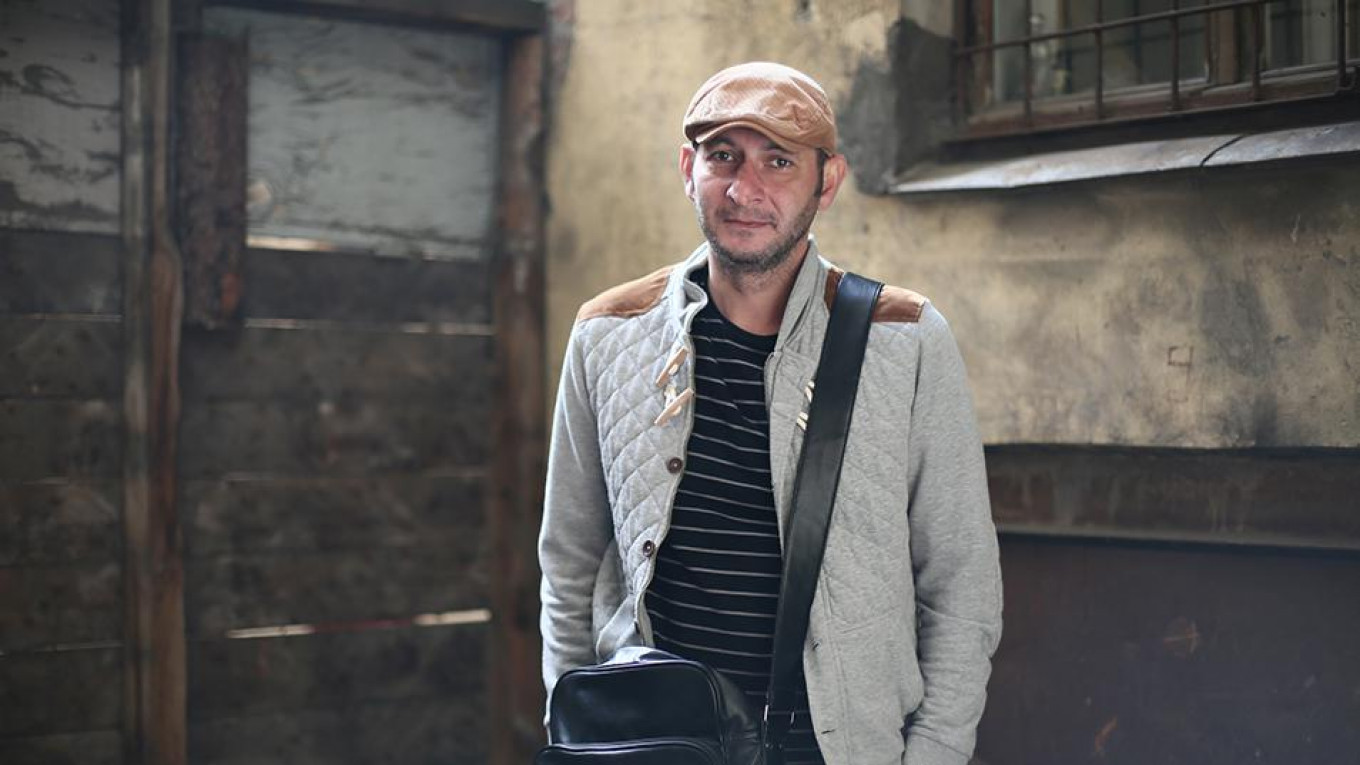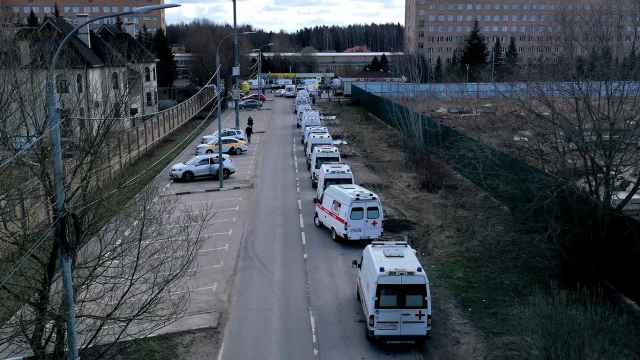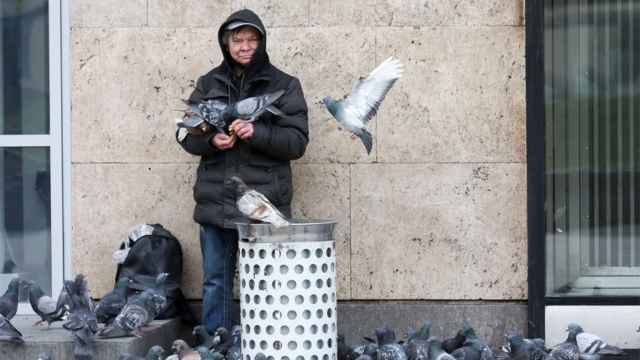Associate professor Ruslan Bekurov, who works at the department of international journalism at St. Petersburg State University, moved to the city from Vladikavkaz 20 years ago. He originally moved north for his studies, became captivated by the dynamic “Venice of the north” and is now waiting impatiently for World Cup visitors to love the city as much as he does.
Born in Vladikavkaz, the capital city of the Russian Republic of North Ossetia-Alania, Bekurov moved to St. Petersburg in 1998 to write his doctoral thesis in journalism. In 2000, he received his Ph.D. in political science after writing on the role of international political institutions in regulating local and regional conflicts, and began working in the journalism faculty. He said, “I didn’t particularly want to work in academia, but I was too lazy to discuss alternatives with my parents.”
Music has always played a big part in his life and in his student days he played in a rock band. “Of course, I would have preferred to be a rock ’n’ roll star or a war correspondent, but unfortunately I did not have the talent. That didn’t stop me drinking like a rock ’n’ roll star in my student days!”
To be honest, when choosing where to complete my Ph.D. back in the 1990s, I only had two choices: Rostov-on-Don or St. Petersburg. I decided to go to St. Petersburg because at that time this city was much more fashionable.”
Another huge factor in my decision to move here was the city’s music scene. Traditionally, St. Petersburg is famous for its music and has many exciting and different bands. The Leningrad Rock Club was much better than the equivalent in Moscow. My childhood bands all played here: Kino, Akvarium, Zoopark, Strannie Igri.
When I came here, the first place I wanted to visit was Cafe Saigon, the place to be among the city’s hipsters at that time.” Cafe Saigon was a cult rock ’n’ roll club in the city, where bohemian kids and artists alike gathered to share their musical interests and listen to their favorite bands.
To be honest, I was quite disappointed that it turned out to be a total black hole; it did not live up to my expectations. But I quickly fell in love with new Petersburg bands: Tequilajazzz, Dva samoleta, Nozh Dlya Frau Muller. And a huge number of cool new places began to appear all over the city: Moloko, Fish Fabrique, Tam-Tam, Griboedov Club.”
The majority of these places do not exist anymore, and neither do most of the legendary bands that I enjoyed listening to. But the thing about St. Petersburg is that it is constantly changing and reinventing itself. This city never gets stuck in a rut — it moves and follows the trends, but retains its fascinating history and traditions. That’s why everybody loves it.”
What do I like about St. Petersburg? My favorite thing about the city is the water. Water is everywhere here — and it’s great, I like it a lot. We also have lots of cheap bars and cafes with great atmospheres. You’d never find places like that in Moscow. And, of course, the people; I mean, people from St. Petersburg are special!”
The city and its residents are waiting impatiently to welcome football fans and tourists for the championship — the World Cup will be lots of fun, I’m absolutely sure of it. I hope the weather will be good this year; we need a hot, hot summer!”
A Message from The Moscow Times:
Dear readers,
We are facing unprecedented challenges. Russia's Prosecutor General's Office has designated The Moscow Times as an "undesirable" organization, criminalizing our work and putting our staff at risk of prosecution. This follows our earlier unjust labeling as a "foreign agent."
These actions are direct attempts to silence independent journalism in Russia. The authorities claim our work "discredits the decisions of the Russian leadership." We see things differently: we strive to provide accurate, unbiased reporting on Russia.
We, the journalists of The Moscow Times, refuse to be silenced. But to continue our work, we need your help.
Your support, no matter how small, makes a world of difference. If you can, please support us monthly starting from just $2. It's quick to set up, and every contribution makes a significant impact.
By supporting The Moscow Times, you're defending open, independent journalism in the face of repression. Thank you for standing with us.
Remind me later.






